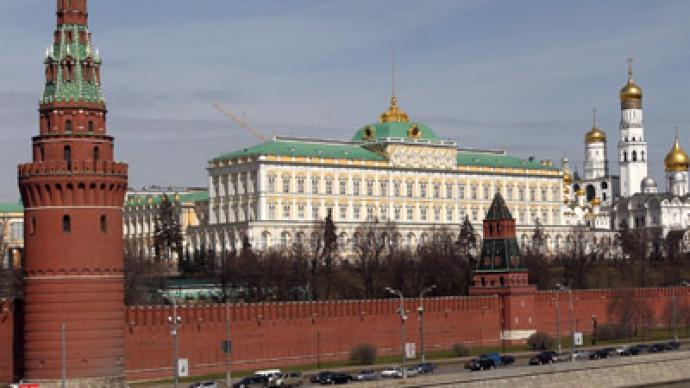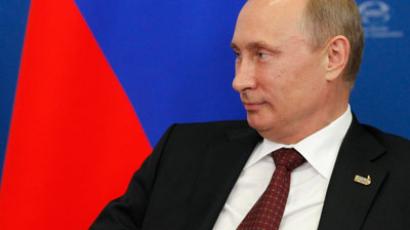Spy games: Russia beefs up law amid espionage concerns

Russia is moving to draft legislation to combat an increase in foreign-sponsored espionage, while human rights organizations call for fairness.
Amid growing suspicions that foreign entities operating in Russian territory are working outside of their stated humanitarian aims, the country’s lawmakers are mulling laws intended to clamp down on the leaking of state secrets.Yuri Gorbunov, Deputy Director of the Federal Security Service (FSB), encouraged lawmakers to pass the legislation to counter the changing nature of international espionage, which includes activities by non-governmental organizations (NGOs)."It is important to include international organizations on the list of agents that can be charged with treason due to the fact that foreign intelligence agencies actively use them to camouflage their spying activity," Gorbunov said.Following two more readings in parliament, the bill will be sent to President Putin for his signature.The new amendments seek to remove any ambiguity of the current law from “external security of the Russian Federation” to simply the “security of the Russian Federation.” According to Gorbunov, the former lacks a formal legal definition, whereas the latter is clearly defined. The move to broaden Russia’s ability to battle foreign-sponsored espionage comes on the heels of an announcement that drew sharp criticism from the United States.Last month, Russia ordered the closure of the United States Agency for International Development (USAID) – which had operated in Russian since the collapse of the Soviet Union – after concluding that the organization provided funds for NGOs seeking to "influence the political process, including elections at various levels and civil society."Golos, an election-monitoring organization, is among the NGOs likely to be affected by the closure of USAID.Many Russians claim a double standard in how foreign-funded organizations interfere in the country’s political affairs while, at the same time, Russia does not fund NGOs to monitor America’s election process.As Russia bolsters its security and intelligence apparatuses, some warn that the initiatives should stay within the boundary of law. Human rights commissioner Vladimir Lukin argued that Russia’s law enforcement agencies need be careful to distinguish between having contact with foreigners and actual espionage."Naturally, I believe we should fight against espionage,” Lukin told reporters. “Thank God, we have a very serious organization for battling this.”The commissioner added, however, that he also supported “a law-governed state, and, consequently, legal certainty." Russia can achieve that certainty by attempting to distinguish between genuine “acts of espionage and contacts with foreign organizations,” Lukin said.Such efforts will help to “rule out arbitrariness,” he said. "Spies are normally embedded in the bodies that fight espionage, not in public organizations."














